Category: Carrier Status
-
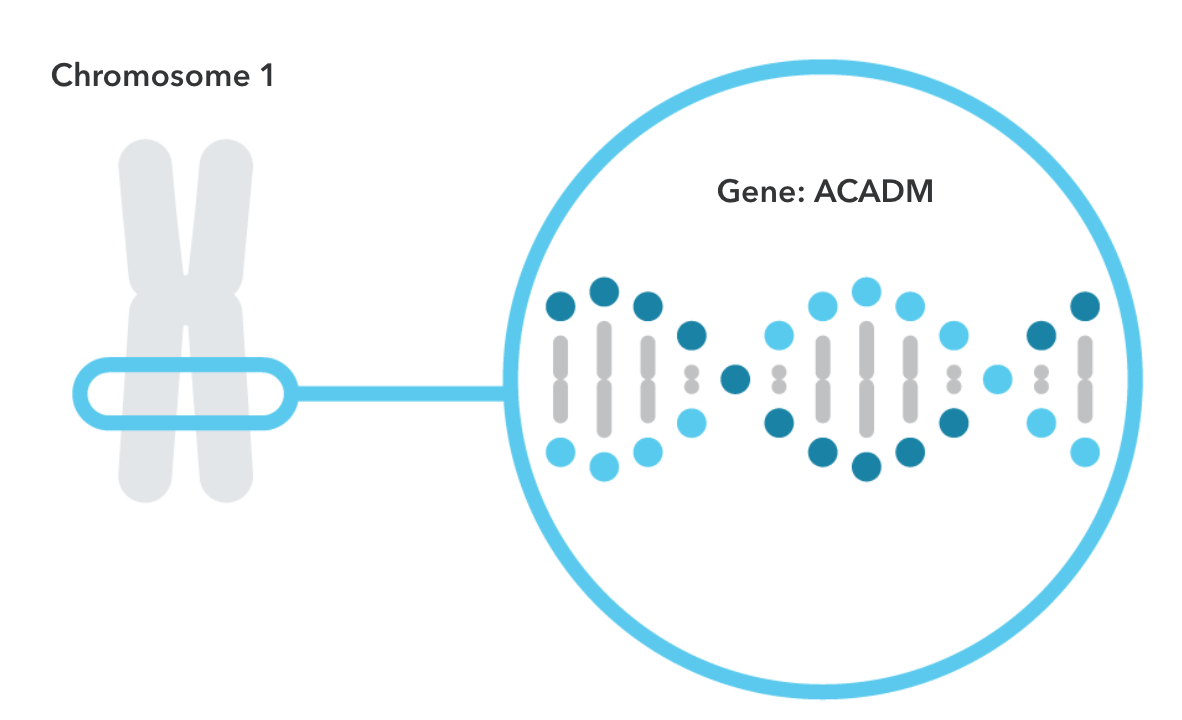
MCAD Deficiency
What is MCAD deficiency? MCAD Deficiency is a rare genetic disorder characterized by episodes of very low blood sugar while fasting or under stress. A person must have two variants in the ACADM gene in order to have this genetic condition. People with just one variant in the ACADM gene are called carriers. They’re not…
-
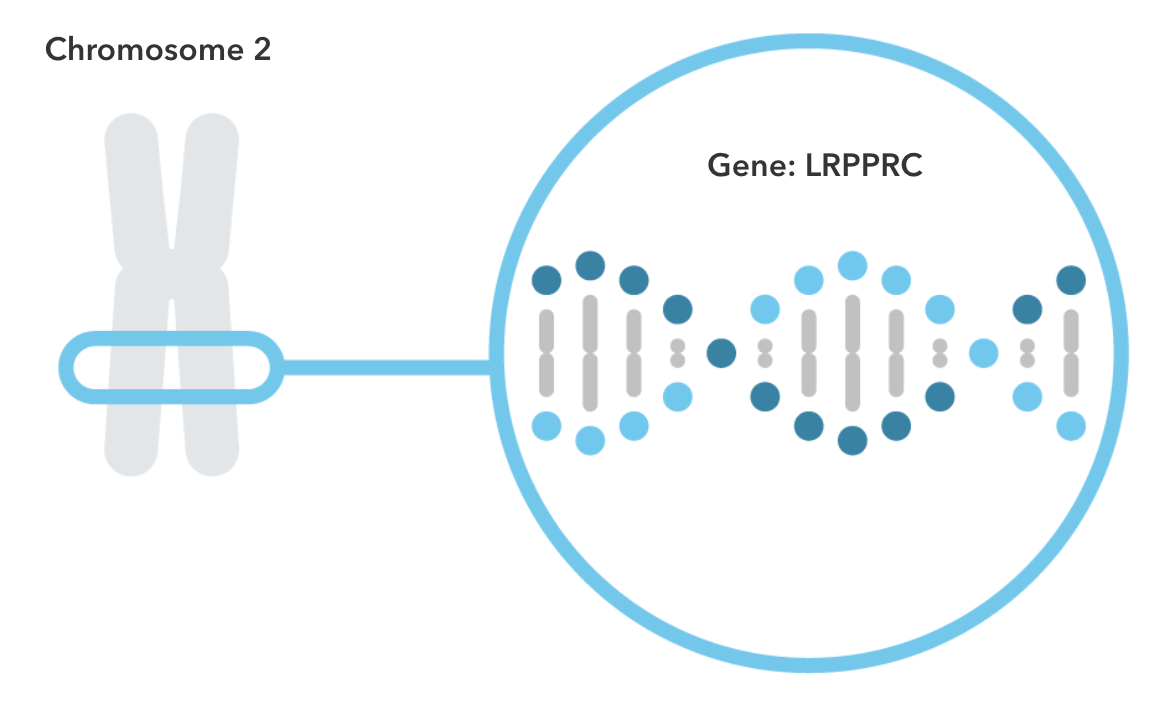
Leigh Syndrome, French Canadian Type
What is Leigh syndrome, French Canadian type? Leigh syndrome, French Canadian disorder (LSFC) is a rare genetic disorder. It is characterized by life-threatening periods of lactic acid buildup and brain injury, as well as failure to gain weight. A person must have two variants in the LRPPRC gene in order to have this condition. People…
-
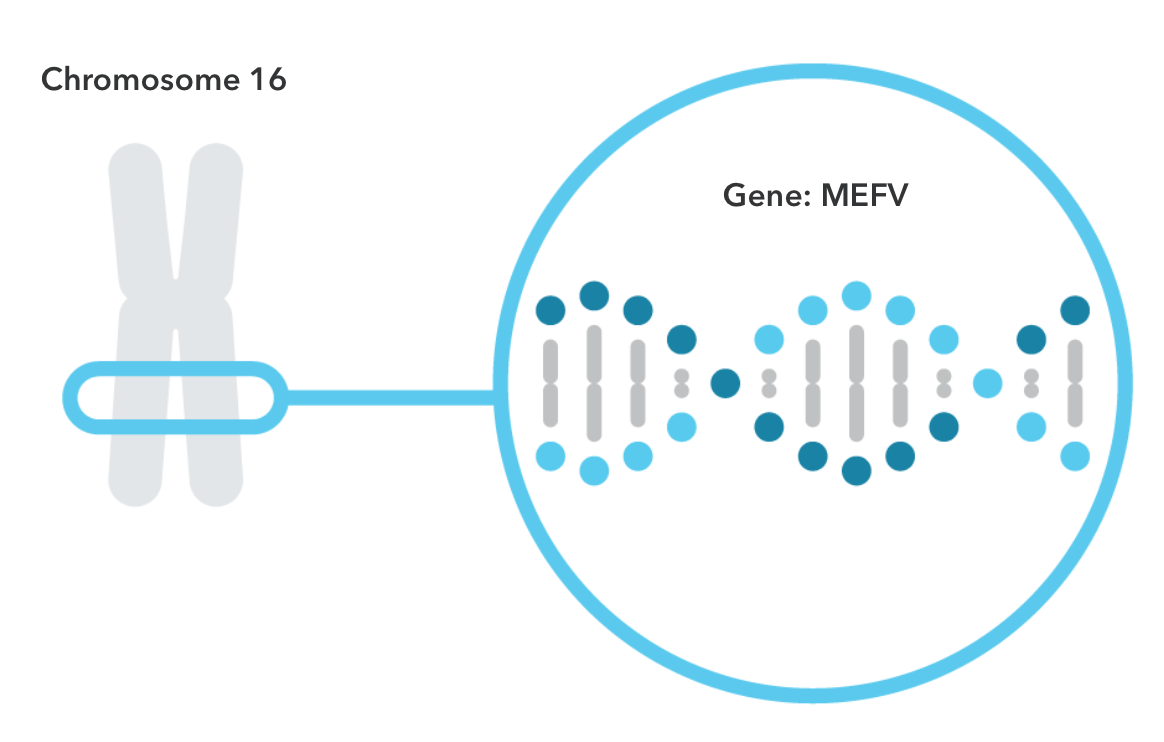
Familial Mediterranean Fever
What is familial Mediterranean fever (FMF)? Familial Mediterranean fever, or FMF, is a genetic disorder characterized by recurring short episodes of fever, as well as inflammation in the abdomen, chest, and joints. In most cases, a person must have two variants in the MEFV gene, or two copies of a variant, in order to have…
-
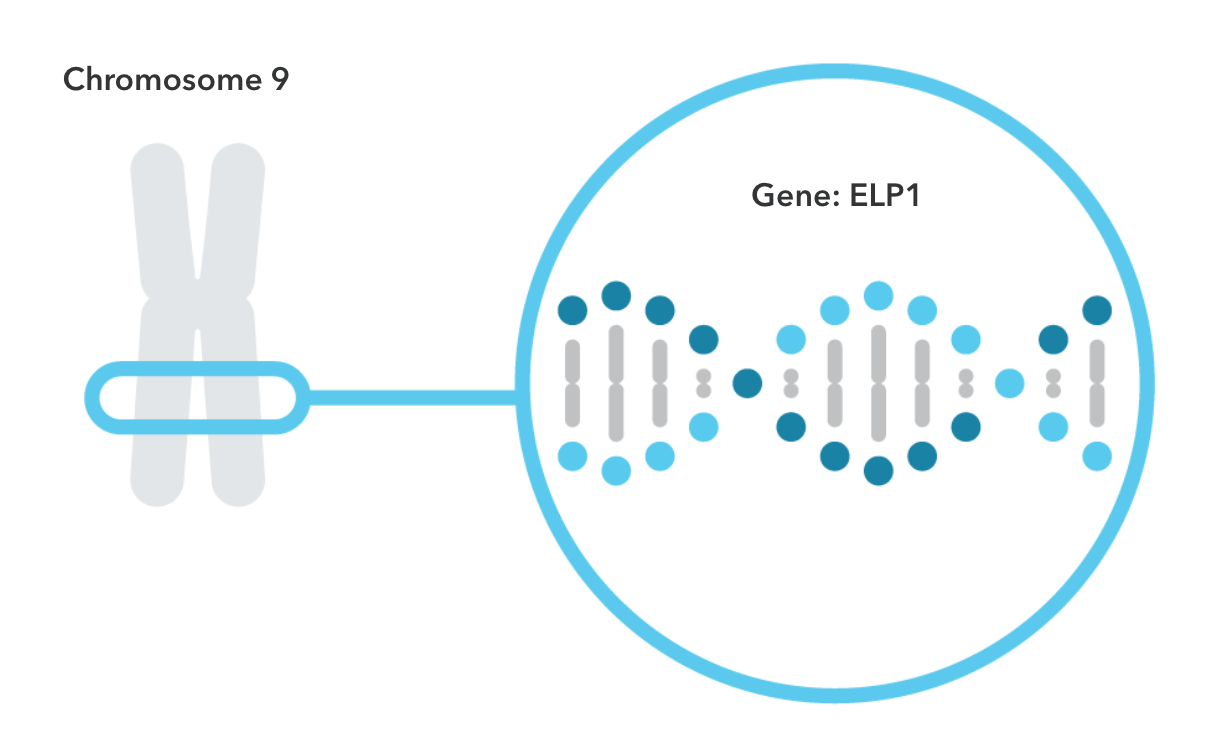
Familial Dysautonomia
What is familial dysautonomia? Familial dysautonomia is a rare genetic disorder that affects many different areas of the body. It is characterized by severe dysfunction in different parts of the nervous system that control movement, the senses, and involuntary (automatic) functions. The genetics behind familial dysautonomia Familial dysautonomia is caused by variants in the ELP1…
-
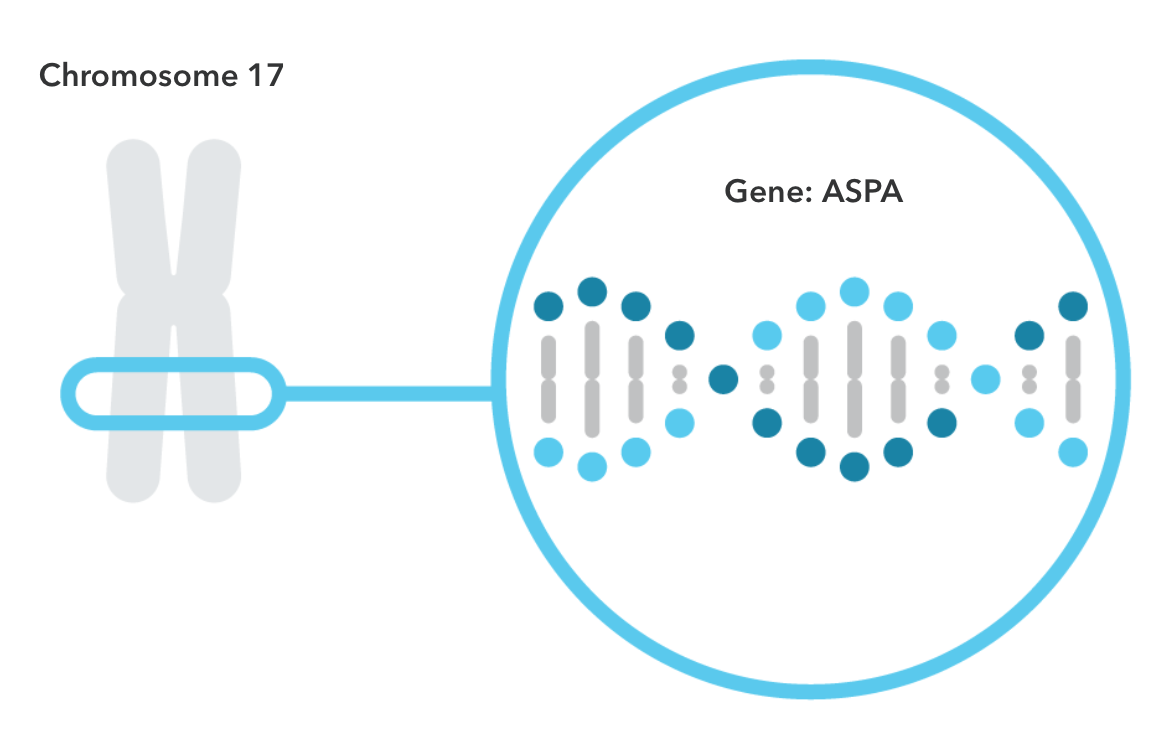
Canavan Disease
What is Canavan disease? Canavan disease, also known as ASPA deficiency, is a rare genetic disorder characterized by a loss of nerve cell function in the brain that gets worse over time. A person must have two variants in the ASPA gene, or two copies of a variant, in order to have this condition. People…
-

Bloom Syndrome
What is Bloom syndrome? Bloom syndrome is a rare genetic disorder characterized by impaired growth and an increased risk of infections and cancer. A person must have two variants in the BLM gene, or two copies of a variant, in order to have this condition. People with just one variant in the BLM gene are…
-
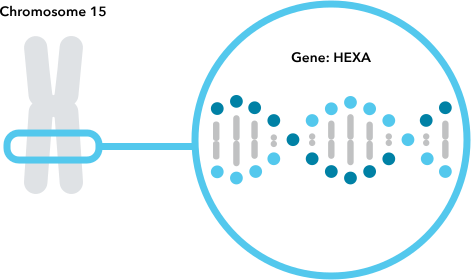
Tay-Sachs Disease & Genetics
Causes of Tay-Sachs disease Tay-Sachs disease is caused by variants (differences) in the HEXA gene. The HEXA gene contains instructions for making one part of an enzyme called hexosaminidase A. This enzyme helps break down harmful substances within compartments of nerve cells called lysosomes. Certain variants in HEXA disrupt this function, causing a buildup of…
-
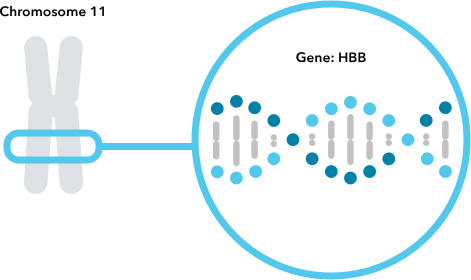
Sickle Cell Anemia & Genetics
Causes of sickle cell anemia Sickle cell anemia is caused by the HbS variant in the HBB gene. The HBB gene contains instructions for making a protein called beta-globin. This protein is part of a larger protein called hemoglobin that is found in red blood cells. Hemoglobin transports oxygen from the lungs to all other…
-
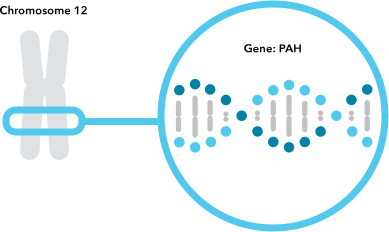
Phenylketonuria and Related Disorders
Causes of phenylketonuria PKU and related disorders are caused by variants (differences) in the PAH gene. The PAH gene contains instructions for making an enzyme called phenylalanine hydroxylase. This enzyme helps break down an amino acid called phenylalanine, which is found in some foods. Certain variants in PAH disrupt its function, resulting in a harmful…
-
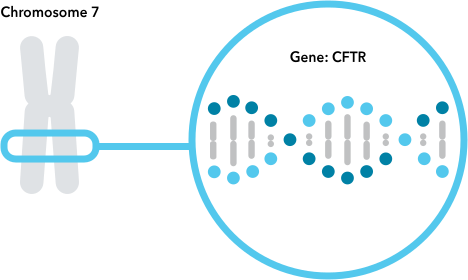
Cystic Fibrosis
What causes cystic fibrosis? Cystic fibrosis is caused by variants (differences) in the CFTR gene. The CFTR gene contains instructions for making a protein that helps control the salt and water balance of certain organs. Certain variants in the CFTR gene prevent the protein from working properly, which can cause the lungs, pancreas, and other…